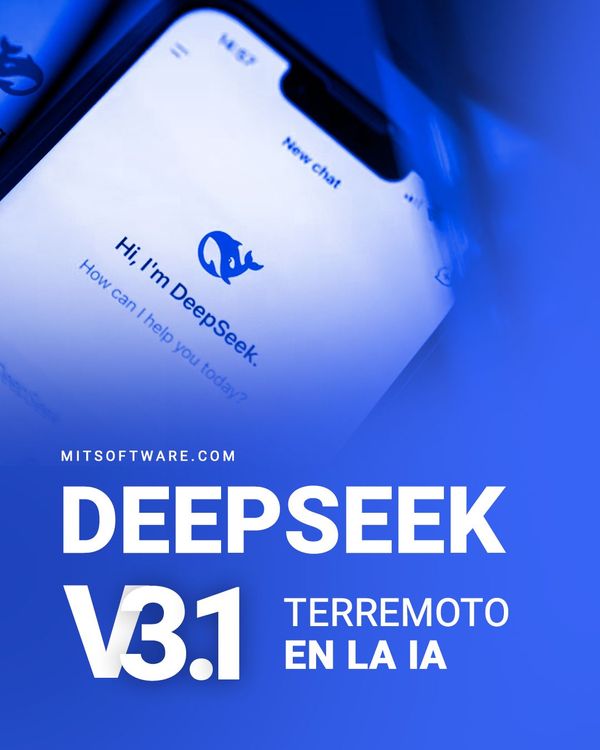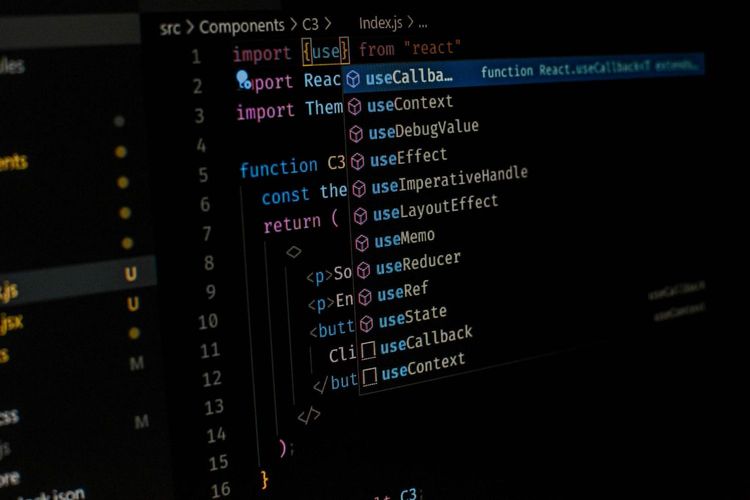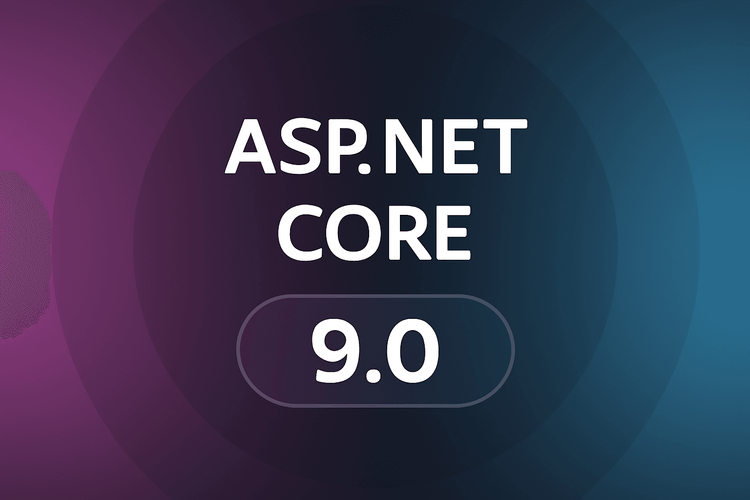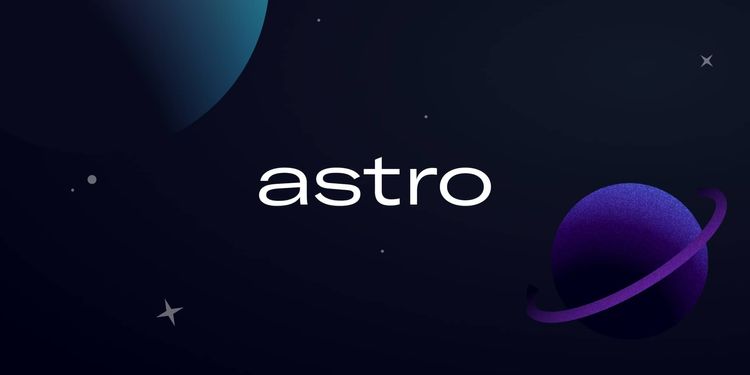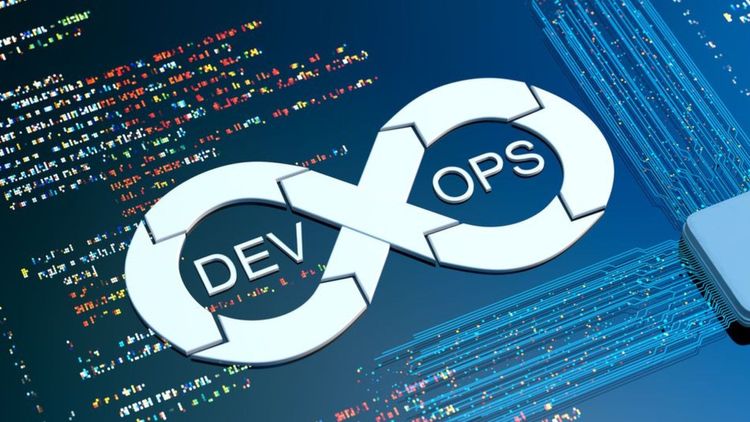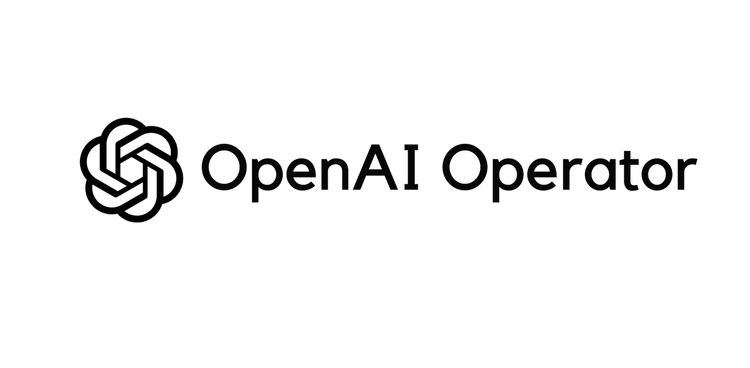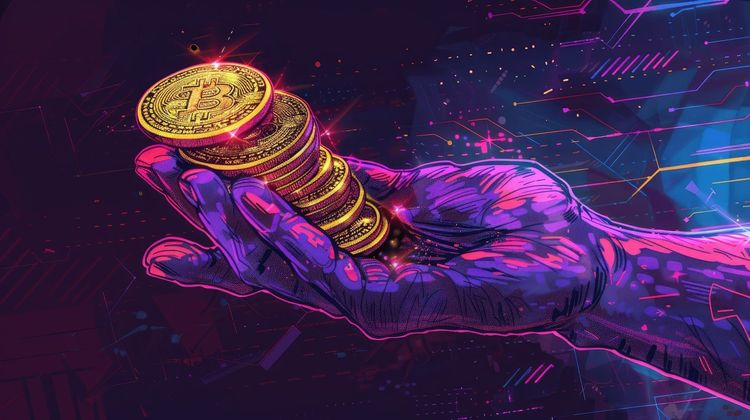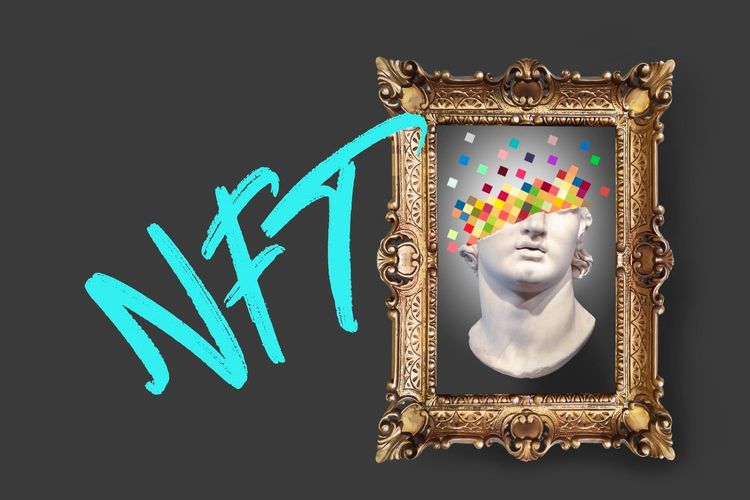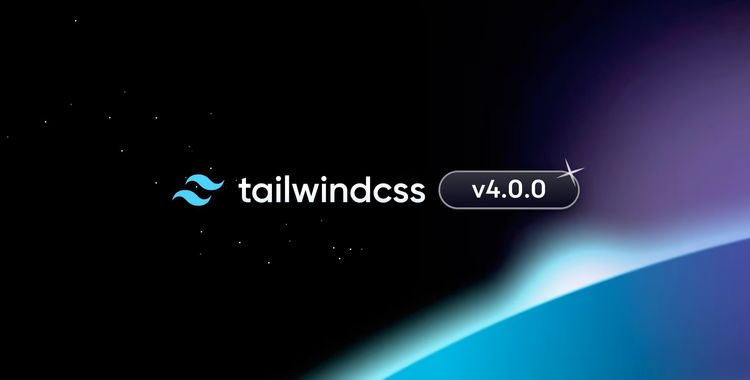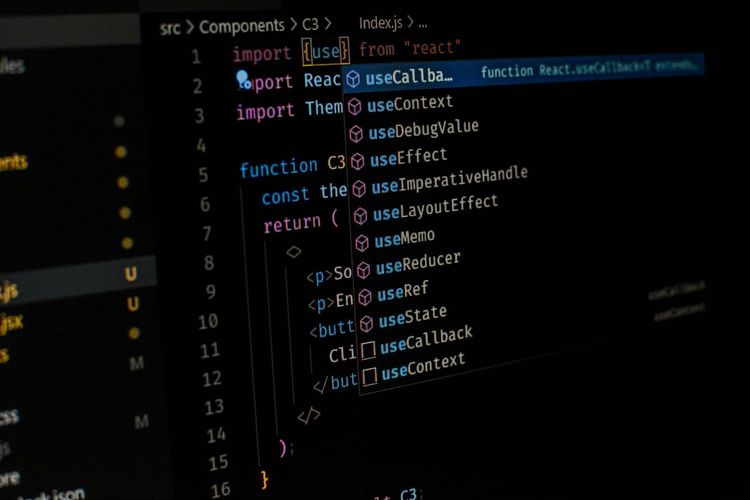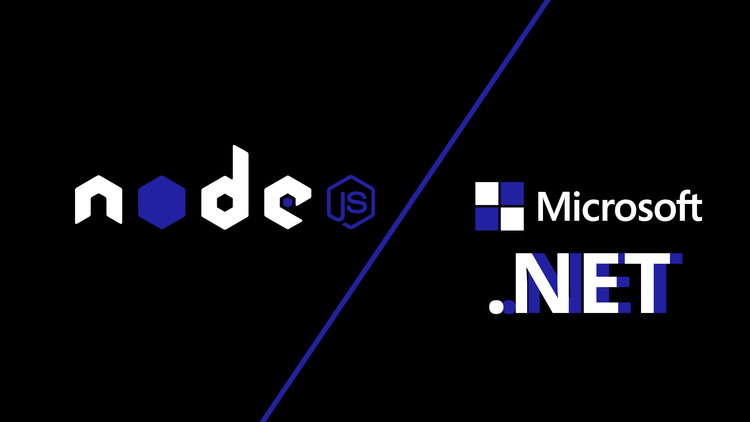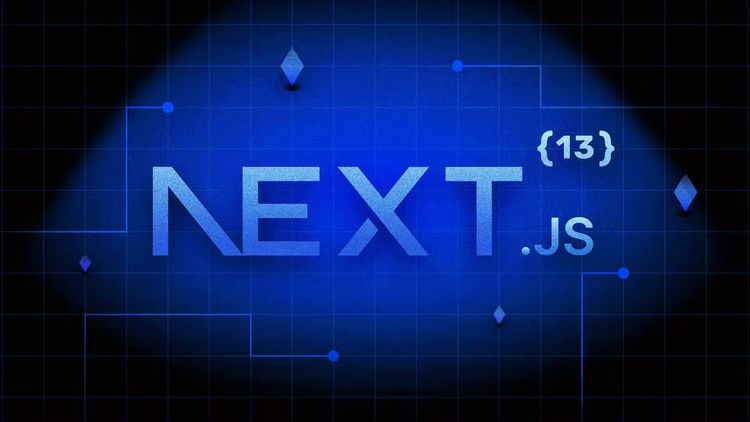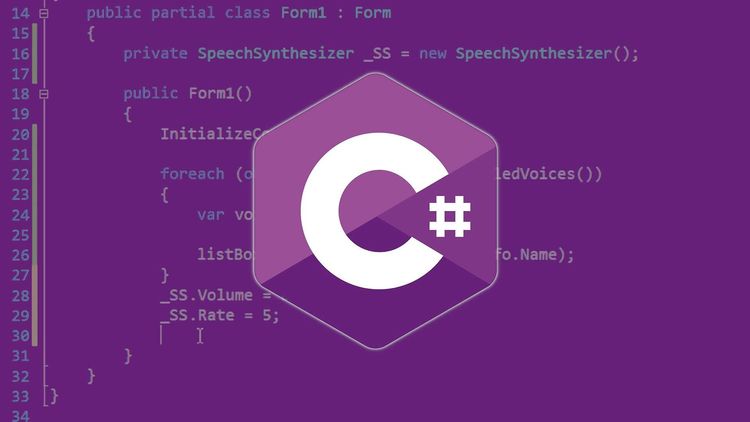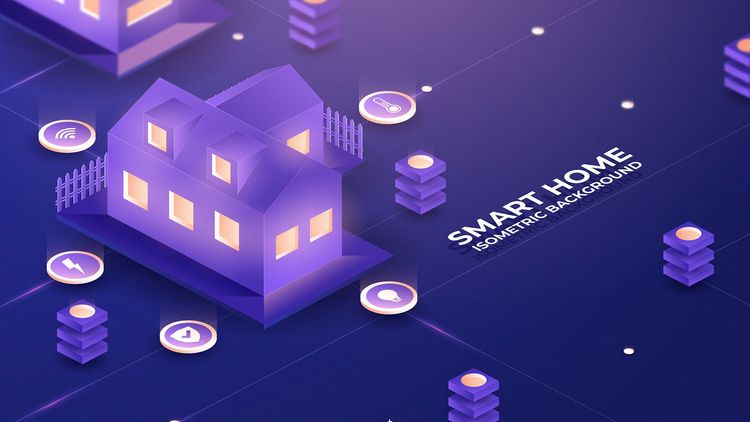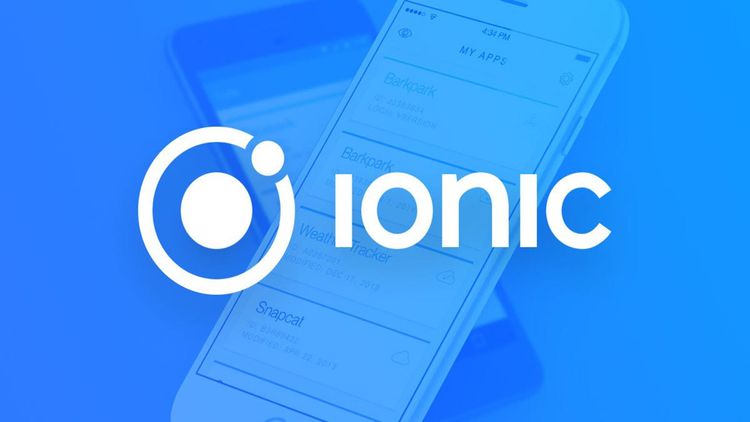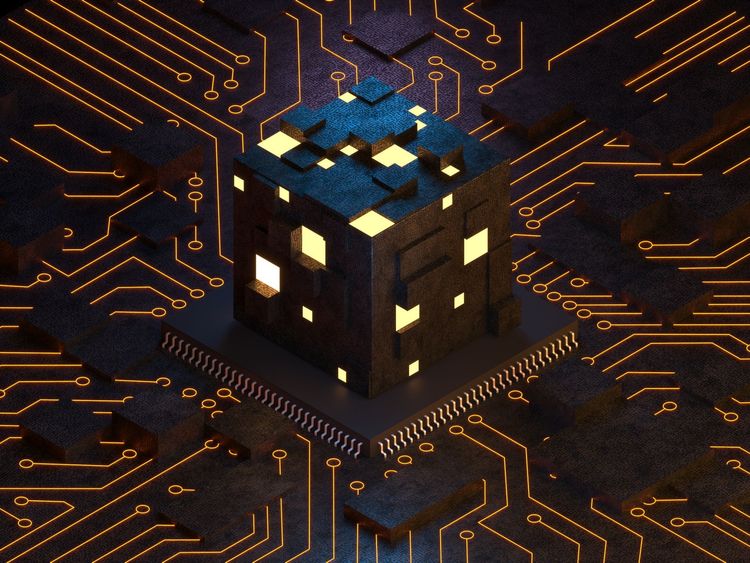Real estate tokenization has emerged as a disruptive force in the financial world, gaining prominence in recent years and promising to radically transform the way real estate markets are invested in, traded, and managed. This innovative trend, driven by blockchain technology, has opened new doors by allowing real estate assets to be converted into digital tokens. This fundamental shift democratizes access to real estate investment, previously reserved for only a privileged few, and unlocks a vast array of possibilities that were previously unimaginable.
Real estate tokenization is much more than a simple conversion of physical assets into digital assets. It involves dividing the ownership of a property into smaller tokens, each representing a fraction of the total value of the asset. These tokens are recorded and exchanged on a blockchain network, ensuring transparency, security, and traceability in all transactions. In this article, we will explore in detail what real estate tokenization is and how its influence is transforming the current landscape in Real Estate.
What is real estate tokenization?
Real estate tokenization represents a significant innovation in the world of finance and real estate. It is a process that transforms real estate assets into digital tokens that are stored and registered on a blockchain. This allows real estate to be divided into smaller parts, called tokens, which are easily exchangeable and tradable on digital platforms.
By converting real estate assets into digital tokens, tokenization facilitates investment in real estate in a more accessible and efficient way. Investors can acquire fractions of properties without having to purchase the entire property, significantly reducing the barrier to entry to the real estate market. In addition, these tokens represent a proportional stake in the ownership of the underlying asset, meaning that investors have rights to the income and profits generated by the property.
The tokenization process is carried out through smart contracts on a blockchain platform. These contracts ensure transparency, security, and automated execution of transactions, eliminating the need for traditional intermediaries and reducing the costs associated with real estate investment.

How does real estate tokenization work?
Real estate tokenization is a complex but innovative process that allows investors to access the real estate market in a more accessible and efficient way. By converting real estate assets into digital tokens, access to real estate investment is democratized, and a world of opportunities is opened up for investors around the world.
-Selection of the property: To start the process, the issuing company must select a property with investment potential. This selection is based on a thorough market evaluation, considering factors such as location, growth potential, property condition, and financial valuation.
-Creation of a legal entity: Once the property has been selected, a legal entity is created to hold ownership of it. This entity acts as the official owner of the property and is responsible for managing all aspects related to the property.
-Issuance of tokens: The legal entity issues digital tokens on a blockchain platform. Each token represents a portion of the ownership rights of the property. These tokens are created using smart contracts, which are computer programs that automatically execute the terms and conditions of the token issuance.
-Sale of tokens: Once the tokens have been created, they are put up for sale on a specialized real estate tokenization platform. Interested investors can acquire these tokens using cryptocurrencies such as Bitcoin or Ethereum, or with fiat money, such as dollars or euros. The sale of tokens allows investors to obtain a stake in the ownership of the property without having to acquire the entire property.
-Management and administration of the property: Once the tokens have been sold and the property has been tokenized, the legal entity is responsible for managing and administering the property. This includes managing rent, maintaining the property, and distributing the generated income among investors based on their stake in the tokens.

Success stories of real estate tokenization
Real estate tokenization has emerged as a disruptive innovation in the world of investments, and despite being a relatively new technology, it already has several success stories that demonstrate its viability and potential. Below are some of the most notable cases:
-Fundary: This platform has gained recognition for its focus on fractional investment in luxury real estate around the world. Fundary allows investors to access exclusive properties by acquiring digital tokens backed by these assets. Its business model has proven attractive to investors looking to diversify their portfolios with high-quality real estate in different global locations.
-Tokeny: This Europe-based platform has stood out for its diverse offering of real estate tokenization opportunities in various countries on the continent. Tokeny gives investors the chance to participate in the European real estate market in an accessible and efficient way, taking advantage of the benefits of tokenization to improve liquidity and transparency in transactions.
-Royal South Estate: Recognized as a leading platform in the tokenization of luxury real estate in the United States, Royal South Estate has built an impressive track record of successful projects. Its focus is on selecting assets with high potential for return and conducting thorough due diligence to ensure the quality and safety of investments. Additionally, it stands out for its commitment to transparency at all stages of the process and its dedication to creating value for its investors.
These success stories are just some examples of how real estate tokenization is transforming the landscape of real estate investments. As this technology continues to evolve and gain acceptance in the market, it is likely that more inspiring cases will emerge, demonstrating its positive impact on democratizing investment and expanding opportunities for investors of all profiles.

It is evident that real estate tokenization is in an early stage of development, but its potential is enormous. It is expected that in the coming years, this technology will become a fundamental tool for democratizing access to real estate investment and transforming the sector as a whole. Without a doubt, real estate tokenization is destined to play a fundamental role in the future of the real estate sector.



